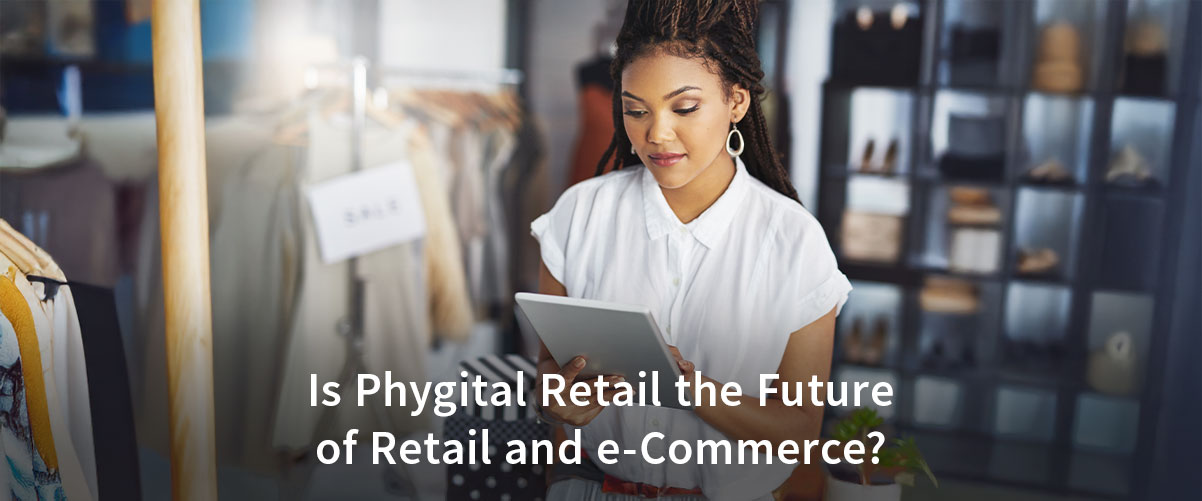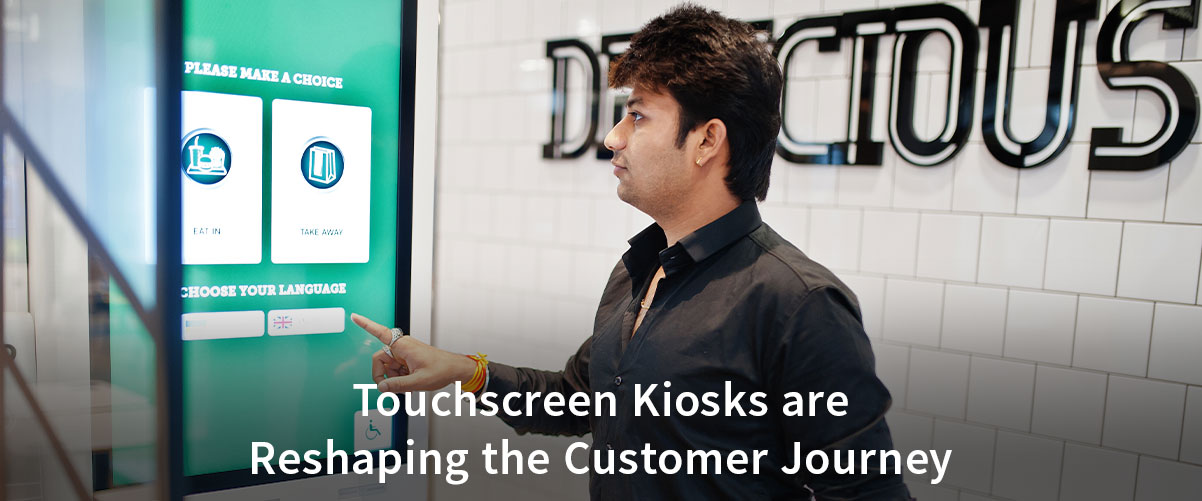
How AI and Automation Are Changing the Retail Game
In today’s fast-paced world, the retail industry is undergoing significant changes, largely driven by advancements in technology. Artificial Intelligence (AI) and automation are at the forefront of this transformation. These technologies are reshaping how retail businesses operate, from managing stock to enhancing the customer experience. In this article, we’ll explore the profound impact of AI and automation on retail operations and how they are helping retailers stay competitive in a rapidly evolving market.
Understanding AI in Retail
AI in retail refers to the use of artificial intelligence technologies to streamline and enhance various aspects of retail operations. These AI-powered tools can analyse large amounts of data quickly and accurately, enabling retailers to make informed decisions. AI is being utilised in several areas, including stock management, supply chain optimisation, customer service, and personalised marketing.
AI-Powered Stock Management
One of the most significant impacts of AI in retail is on stock management. AI stock management systems utilise machine learning algorithms to predict demand accurately, reducing the risk of overstocking or stockouts. These systems analyse historical sales data, market trends, and external factors such as weather conditions to forecast demand.
For example, AI can predict that an upcoming cold front will increase the demand for winter clothing, prompting retailers to stock up accordingly. This proactive approach not only improves stock efficiency but also enhances customer satisfaction by ensuring product availability.
Automation in Retail Operations
Automation in retail refers to the use of technology to perform tasks that were traditionally done manually. Automation can be applied to various operational aspects, such as order processing, warehouse management, and checkout systems.
By automating these processes, retailers can reduce human error, increase efficiency, and cut operational costs.
Streamlining the Supply Chain
AI in the supply chain has become a game-changer for retailers. Automated systems can track and manage the movement of goods from suppliers to warehouses and ultimately to shops. These systems use AI algorithms to optimise routes, reduce transportation costs, and ensure timely deliveries.
For instance, AI can analyse traffic patterns and weather conditions to suggest the most efficient delivery routes. This level of optimisation not only saves time and money but also reduces the carbon footprint of retail operations, contributing to sustainability goals.
Enhancing the Customer Experience
AI is also revolutionising the way retailers interact with customers. Through AI-powered tools, retailers can offer personalised shopping experiences that cater to individual preferences and behaviours.
Personalised Marketing
AI can analyse customer data to create personalised marketing campaigns. By understanding customer preferences and purchase history, AI systems can recommend products that are likely to appeal to each customer. This targeted approach increases the chances of conversion and enhances customer loyalty.
For example, if a customer frequently buys sports equipment, the AI system can recommend new arrivals in that category. This level of personalisation not only boosts sales but also makes customers feel valued and understood.
Challenges and Considerations
Whilst AI and automation offer numerous benefits, they also present challenges that retailers must navigate. One significant concern is data privacy. As AI systems rely on vast amounts of data, ensuring the security and privacy of customer information is crucial. Retailers must comply with data protection regulations and implement robust cybersecurity measures.
Another challenge is the potential impact on employment. As automation takes over repetitive tasks, there may be concerns about job displacement. However, it’s crucial to note that AI can also create new job opportunities in areas such as data analysis and AI system management.
Balancing Innovation and Tradition
Retailers must strike a balance between embracing new technologies and maintaining traditional retail practices. While AI and automation can enhance efficiency, the human touch remains essential in building strong customer relationships. Retailers should focus on integrating technology to support and enhance the skills of their workforce, rather than replacing them entirely.
The Future of AI in Retail
As AI and automation technologies continue to evolve, their impact on retail operations will only increase.
Retailers that successfully integrate these technologies into their operations will be better positioned to adapt to changing market demands and consumer expectations.
Emerging Trends
Several emerging trends are shaping the future of AI in retail. One such trend is the use of AI-powered chatbots for customer service. These chatbots can handle routine enquiries, freeing up human agents to focus on more complex customer needs.
Another trend is the integration of AI with augmented reality (AR) to create immersive shopping experiences. For example, customers can use AR to visualise how furniture would look in their homes before making a purchase. This technology enhances the online shopping experience and reduces the likelihood of returns.
ETP Unify: Harnessing AI for Enhanced Customer Experiences
ETP Unify takes the customer journey to the next level with its AI-based Product Recommendation feature. Powered by a Matrix Factorization Algorithm, this capability delivers personalised product suggestions tailored to customer purchase histories and preferences. As items are added to the cart, the system refines recommendations in real-time, offering a dynamic and engaging checkout experience. These suggestions are displayed on a dual screen, allowing customers to browse effortlessly while cashiers add selections directly to the billing screen. By streamlining upselling opportunities, ETP Unify enhances operational efficiency and reinforces customer satisfaction, showcasing the power of AI in retail. To know more about ETP Unify’s AI-powered tools, click here!
Conclusion
AI and automation are revolutionising retail operations, offering numerous benefits such as improved inventory management, streamlined supply chains, and enhanced customer experiences. Whilst challenges exist, such as data privacy and employment concerns, the potential of these technologies is undeniable.
Retailers that embrace AI and automation will be better equipped to navigate the complexities of the modern retail landscape and meet the evolving needs of consumers. By integrating these technologies thoughtfully and strategically, retailers can enhance their operations, stimulate growth, and remain competitive in an increasingly digital world.
Get all the details about ETP Unify, book a free demo here!










